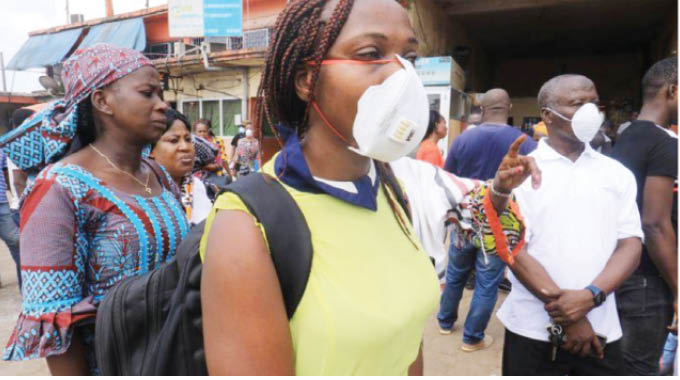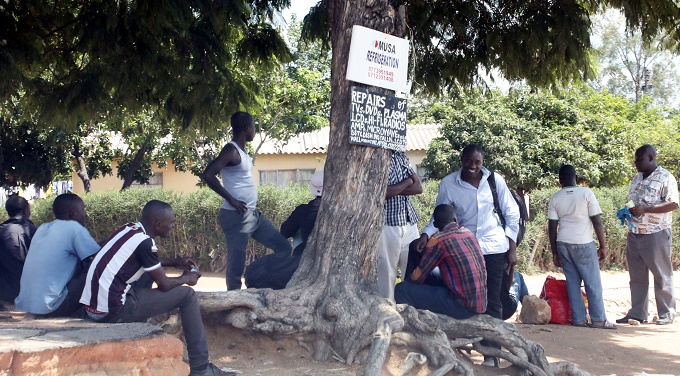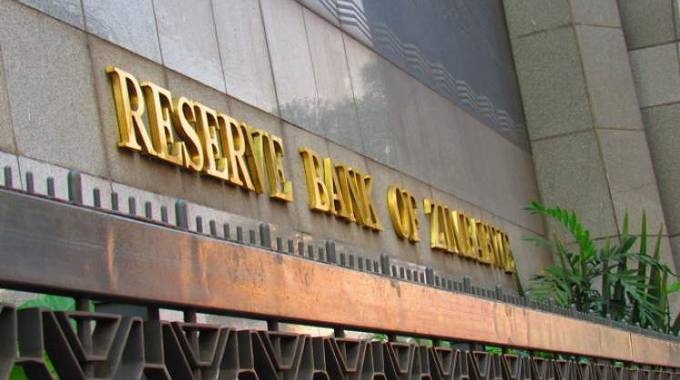COMMENT: Remembering the poor as we fight Covid-19

As governments in Africa enforce lockdowns to curb the spread of Covid-19, thousands of people have lost their jobs while others, especially informal traders, have been thrown out of business.
With no guarantee for any incomes over the next few weeks, or months we saw some people leaving cities for their rural homes in South Africa, Uganda, Kenya and other countries. Locally, long-distance bus termini in Harare, Bulawayo and Gweru were at the weekend packed as thousands sought transport to their rural homes.
While it was clearly inevitable amid the Covid-19 threat, the national lockdown that enters day three today, means no work, no income and possibly no food for the poor. Because of restrictions in movement, informal traders, for example, cannot work, so they are unsure if they would be able to raise enough money to pay rent, to buy food and so on.
This period of idleness in our country and elsewhere on the continent is sure to hit the poor the hardest thus governments are being forced to further strengthen social safety nets to get their people through. The UN forecast on Monday that Covid-19 will hit developing countries the hardest, not only as a health crisis but also as a devastating social and economic crisis. It expects income losses to exceed US$220 billion in developing countries.
On the same day, Finance and Economic Development Minister, Professor Mthuli Ncube announced the setting aside of $600 million to cover one million vulnerable households under a cash transfer programme for the next three months so as to mitigate the impact of Covid-19.
“Vulnerable groups in our society are the most exposed under this Covid-19 crisis,” he said. “Accordingly, Treasury has set aside resources to cover one million vulnerable households under a cash transfer programme and payment will commence immediately. Treasury will initially be availing an amount of $200 million per month under a cash transfer programme over the next three months and both the amount and duration of payments will be reviewed as necessary.
The Social Welfare Department will use its usual mechanisms to identify the beneficiaries.”
Other countries are responding in the same way to the same crisis.
About seven million Ugandans will get social protection intervention to ensure they don’t starve amid a partial lockdown in that country and the need to observe social distancing. The Nigerian government has ordered financial intervention schemes be rolled out for the vulnerable. This will mean a revision of the national budget.
In South Africa, the government has promised to assist some employers to pay a percentage of employees’ salaries calculated on a sliding scale from 38 percent for the highest earners to 60 percent for the lowest earners.
Elsewhere, the British government has committed to paying about 80 percent of wages of millions of workers to keep them in jobs amid the Covid-19 crisis.
For our country, the Covid-19 challenge has come as more than five million people are food insecure and surviving on Government food aid after two poor agricultural seasons.
We also have a big informal sector which has had to suspend business due to the lockdown. A 2018 study by the International Monetary Fund said our country had the second largest informal economy as a percentage of its total economy in the world, after Bolivia. In a working paper, “Shadow Economies Around the World: What Did We Learn Over the Last 20 Years?” in which 158 economies were surveyed, Zimbabwe, had a score of 60,6 percent, second to Bolivia which topped at 62,3 percent.
We don’t think much has changed over the past two years to alter those statistics so we have yet another substantial part of the population whose livelihoods have been negatively affected by Covid-19.
The intervention by the Government, as announced by Prof Ncube on Monday, should help many to get by in this trying period.
However, at one million, the number of people targeted for assistance under the $600 million package looks inadequate to cater for those who would be rendered economically vulnerable by the disease.
We are saying this because on one hand we have people who have lost jobs because of the business shutdown and on the other, we have informal traders who cannot operate in the lockdown. In addition to these two segments of the population, we have those who were already economically vulnerable before Covid-19, and whose vulnerability has been worsened thanks to the infection.
So, yes, the Government intervention is encouraging but there appears to be a need for it to be widened so that it takes on board all whose livelihoods have been negatively affected by Covid-19.











Comments